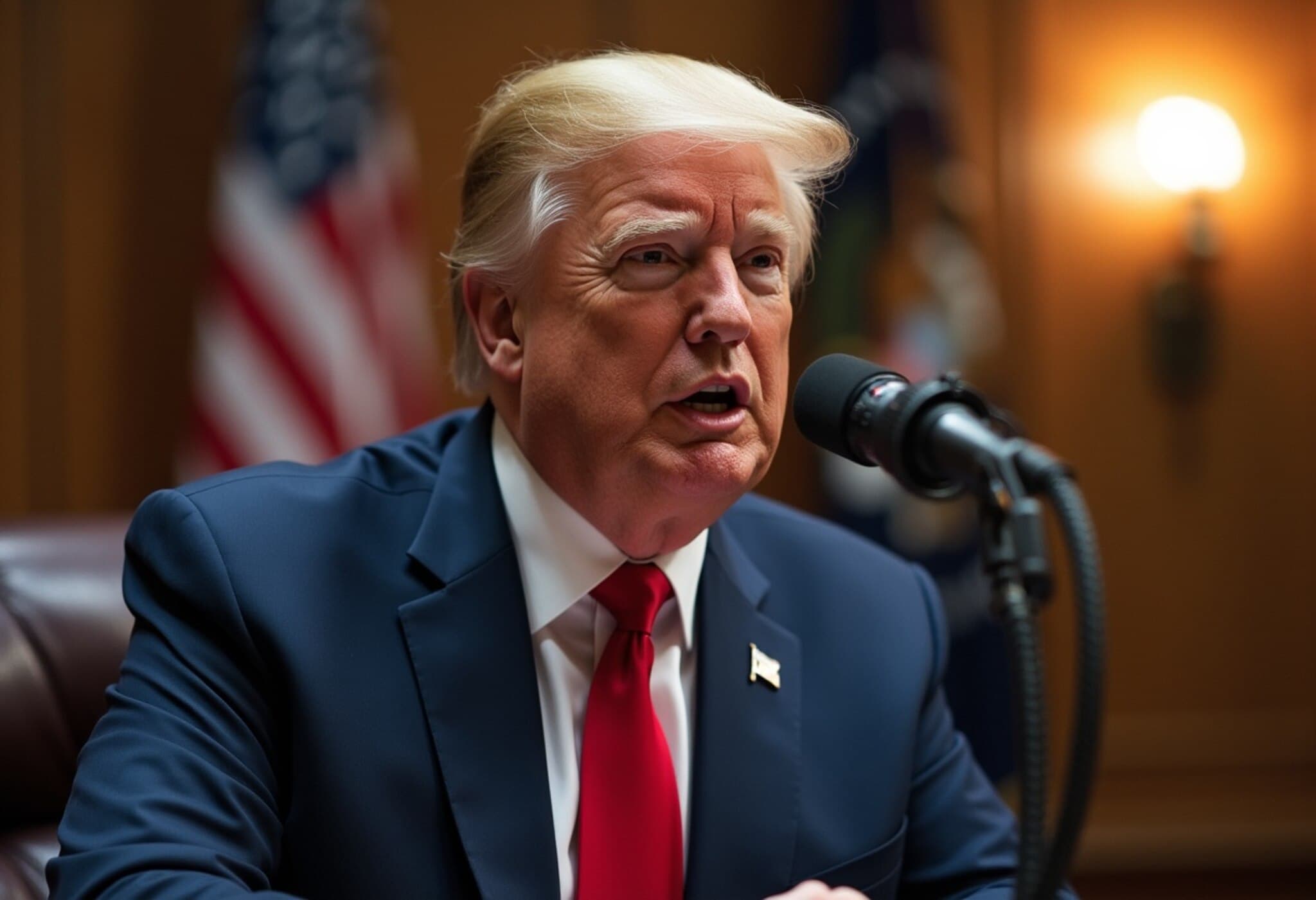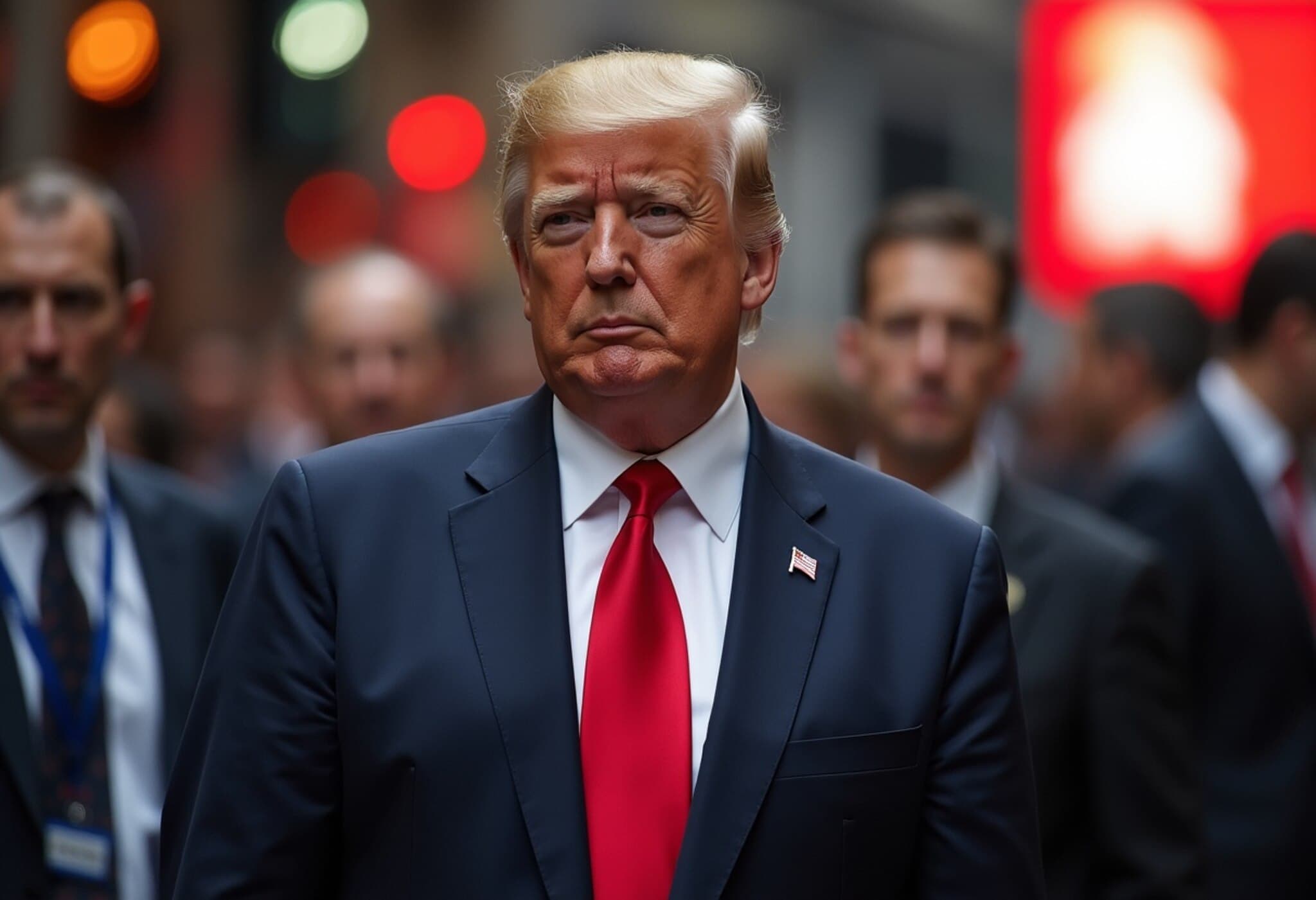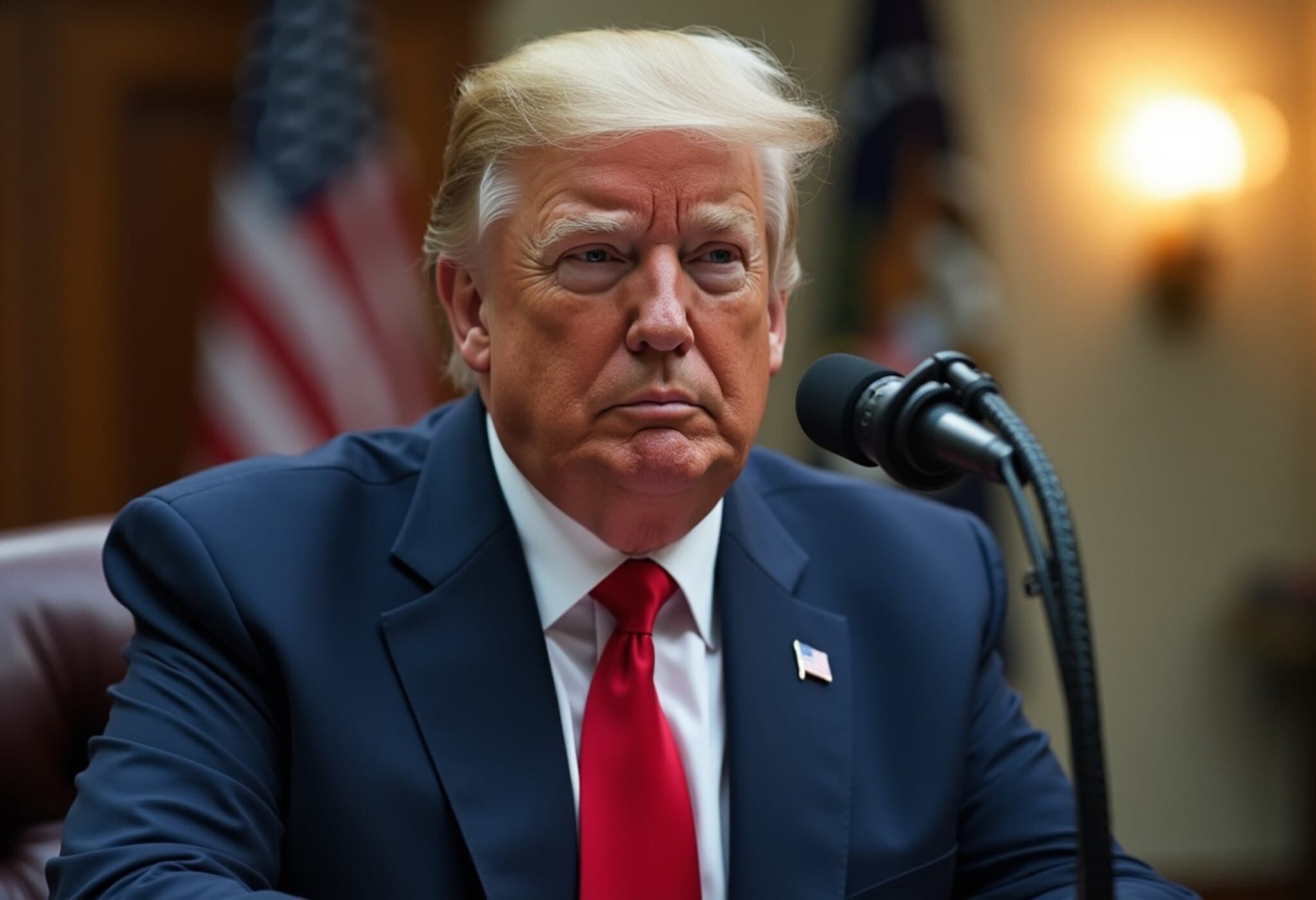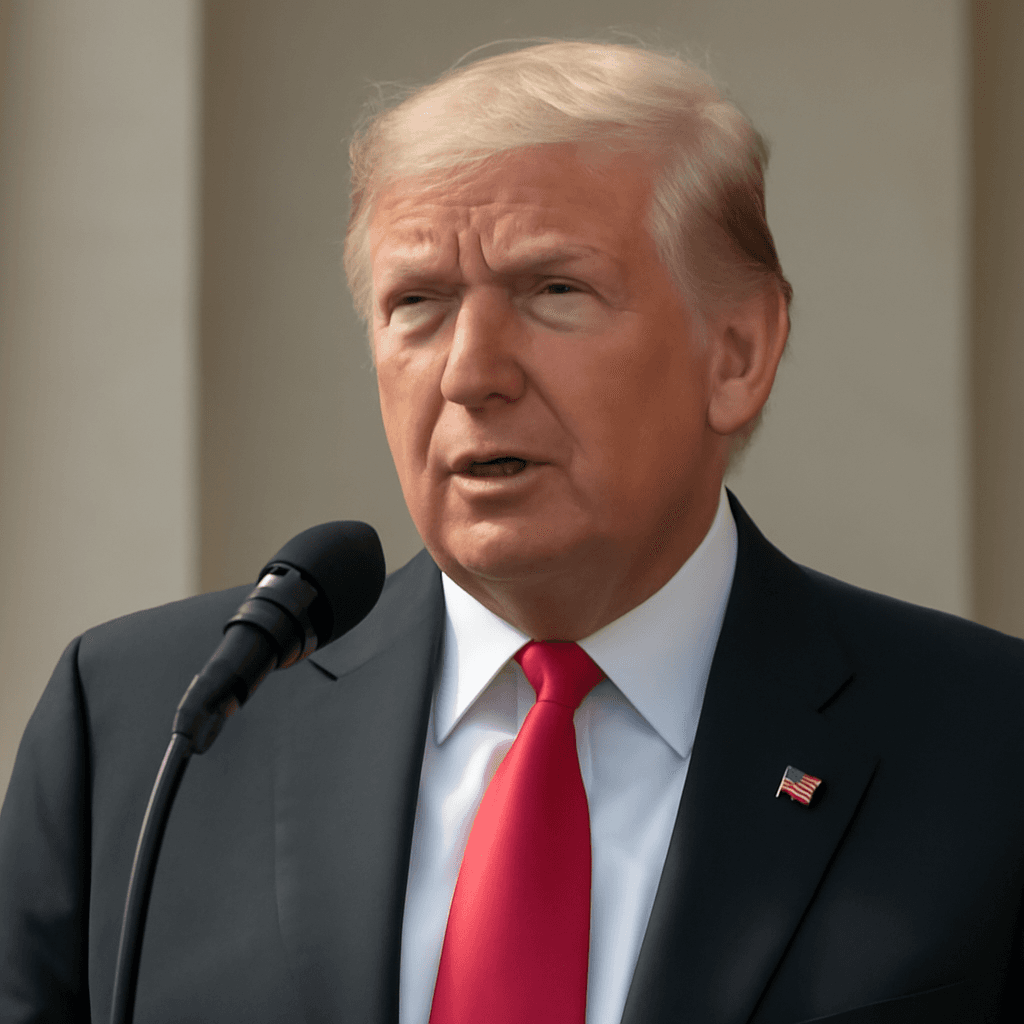Crypto CEO Allegedly Laundered Over $500 Million for Sanctioned Russian Entities
A leader in the cryptocurrency payments sector has been arrested in connection with a sprawling money laundering scheme reportedly moving over $530 million linked to Russian banks sanctioned by the U.S. government.
Details of the Allegations Against Iurii Gugnin
Iurii Gugnin, a 38-year-old Russian national residing in Manhattan, stands accused of orchestrating an intricate operation through his firms, Evita Investments and Evita Pay. Federal prosecutors in Brooklyn allege that between June 2023 and January 2025, Gugnin funneled large sums through U.S. banks and crypto exchanges. These transactions primarily utilized Tether, a popular U.S. dollar-pegged stablecoin, to obscure the origin and destination of funds linked to sanctioned Russian financial institutions.
The indictment outlined 22 counts against Gugnin, including wire and bank fraud, violations of export controls and U.S. sanctions, money laundering, and failure to comply with anti-money laundering regulations. Prosecutors describe the defendant's alleged misuse of his cryptocurrency company as a covert conduit for illicit funds, facilitating not only financial transfers but also attempts to circumvent sanctions.
How the Scheme Operated
- Gugnin is accused of falsifying over 80 invoices and fabricating compliance documents to disguise Russian counterparts involved in the transactions.
- He reportedly misled banks and digital asset platforms, concealing his business’s ties to Russia and sidestepping required regulatory checks.
- Shell accounts were allegedly used to mask the trail of money, ensuring the transactions appeared legitimate.
- The clients included major sanctioned entities such as Sberbank, VTB Bank, Sovcombank, Tinkoff, and the state-owned nuclear corporation Rosatom.
Ties to Russian and Iranian Officials
Further complicating matters, investigators revealed Gugnin maintained connections with Russian intelligence services and officials in Iran — countries that do not extradite suspects to the United States. This raises concerns about geopolitical implications, especially given allegations that he aided in exporting sensitive American technologies, including servers controlled under anti-terrorism regulations.
Legal Proceedings and Potential Consequences
Gugnin was arrested and arraigned Monday, with the court ordering him held without bail pending trial. If convicted on the bank fraud charges alone, he faces up to 30 years in prison. However, a conviction on all counts could result in a cumulative sentence extending beyond a lifetime.
Reportedly, Gugnin lived a high-profile life in Manhattan, renting an upscale apartment at a monthly rate of around $19,000, highlighting the vast resources at his disposal during the alleged scheme.
What This Means for the Crypto Industry
This case underscores the challenges regulators face in policing cryptocurrency firms, particularly those operating across borders and taking advantage of stablecoins to obscure illicit financial flows. Authorities continue to call for stronger tools and legislation to detect and deter similar financial crimes.
As investigations progress, this case may be a critical test of how effectively U.S. financial and law enforcement agencies can confront emerging risks in the digital asset world.



















